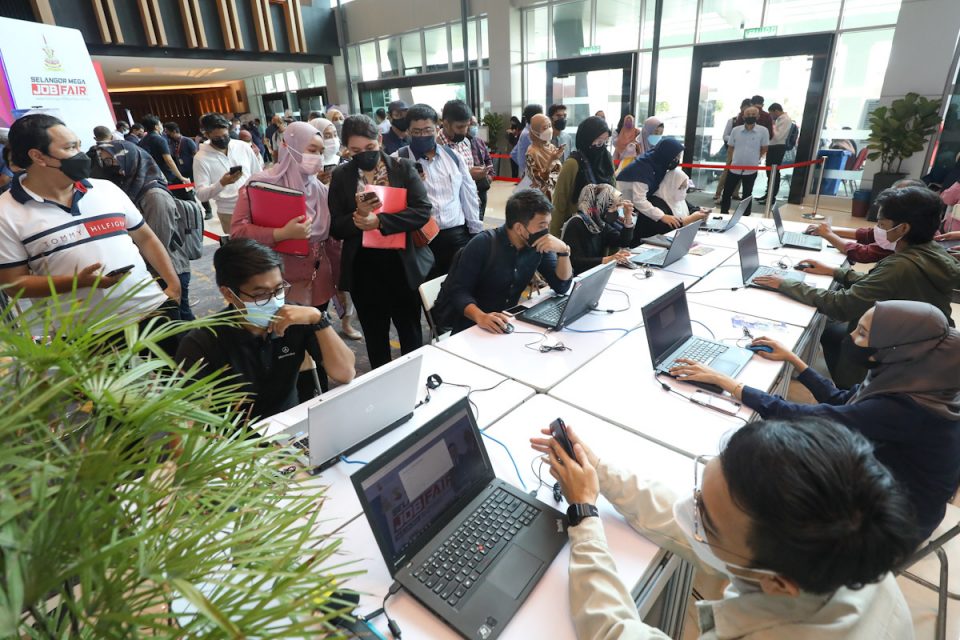KUALA LUMPUR, Dec 7 — Employers should prioritise the upskilling and reskilling of human resources to foster a dynamic, sustainable and resilient workforce, said Human Resources Minister V. Sivakumar.
He said these efforts are a strategic investment that will empower talents and organisations to not only navigate but also thrive within the changing economic and technological landscape.
“It is our collective responsibility to champion these efforts, ensuring that our talents and businesses are well-prepared and positioned for success in the face of rapid changes.
“But more importantly, it is key for us to understand where and how we can close the structural gaps,” he said in his keynote address at the HR Leaders Networking Luncheon programme here today.
Sivakumar said these efforts aligned with the Unity Government’s ambition through the Madani Economy framework that emphasises the development and growth of human capital.
Describing it as an investment in creating a high-skilled Malaysian talent pool, he said various human capital-related plans are in motion, especially with the Madani Budget 2024 which provides significant allocations for education and skills development.
“Thus, all of the ministry’s departments and agencies have a huge responsibility to promote and drive programmes that positively impact our workforce,” he said.
During the event, Sivakumar also launched TalentCorp’s Sector-Focused Industry-Academia Collaboration (IAC) Workshop Report, Volume 1.
At a press conference later, Sivakumar said the report contained findings and deliberations from 10 AIC workshops involving industry players and experts from several major sectors in the country.
The sectors include Science, Technology, Engineering and Mathematics (STEM); Tourism, Animation & Games; Electric and Electronic; Medical and Healthcare; Fast-moving Consumer Goods (FMCG); Information Technology and Communications; and Biotechnology.
“The findings in this report enable the government to gather various perspectives when formulating policies. They are crucial to help the government understand the implications of a policy and to draft more effective, practical and conducive policies to spur economic growth.
“This report will also help resolve the issue of mismatch between graduates and job opportunities, apart from serving as a reference for the ministry to draw up human resource policies in the future,” he added.
— Bernama





